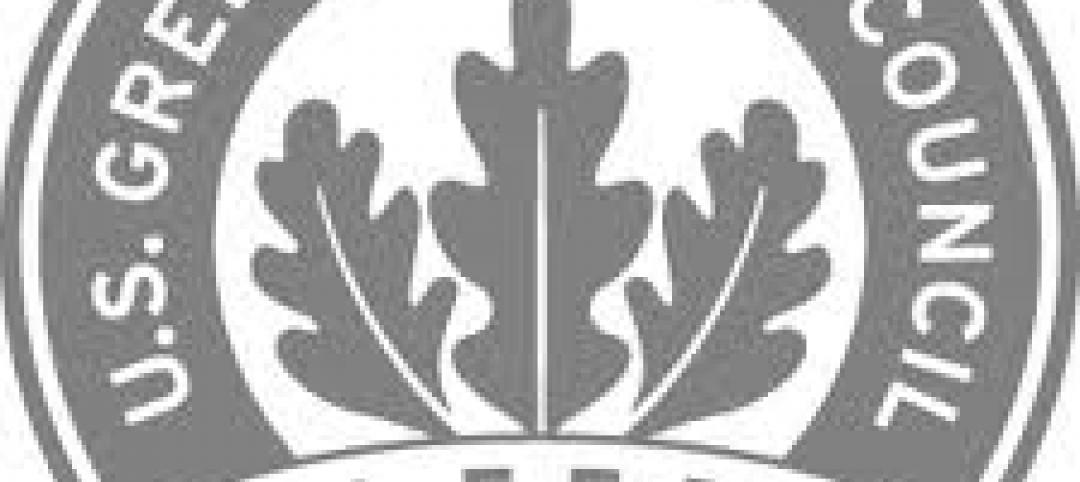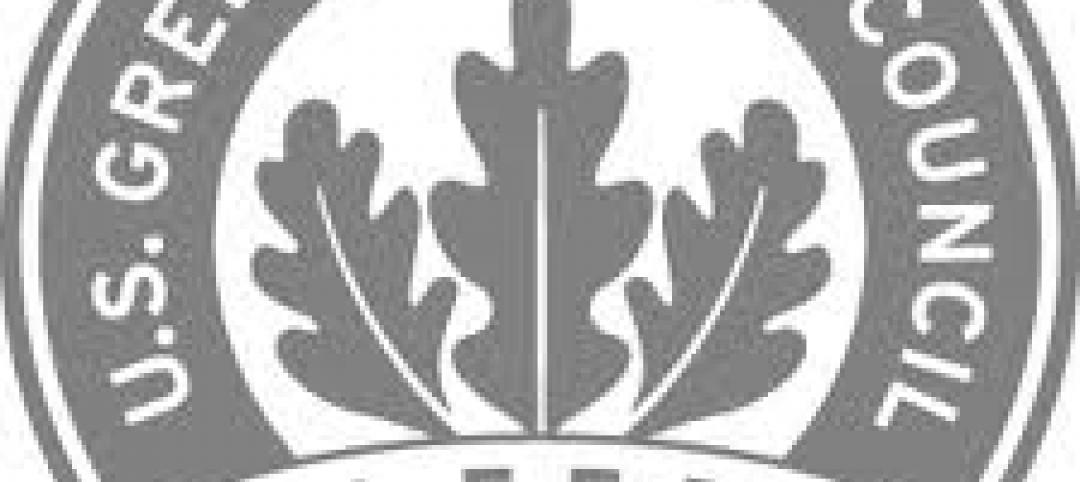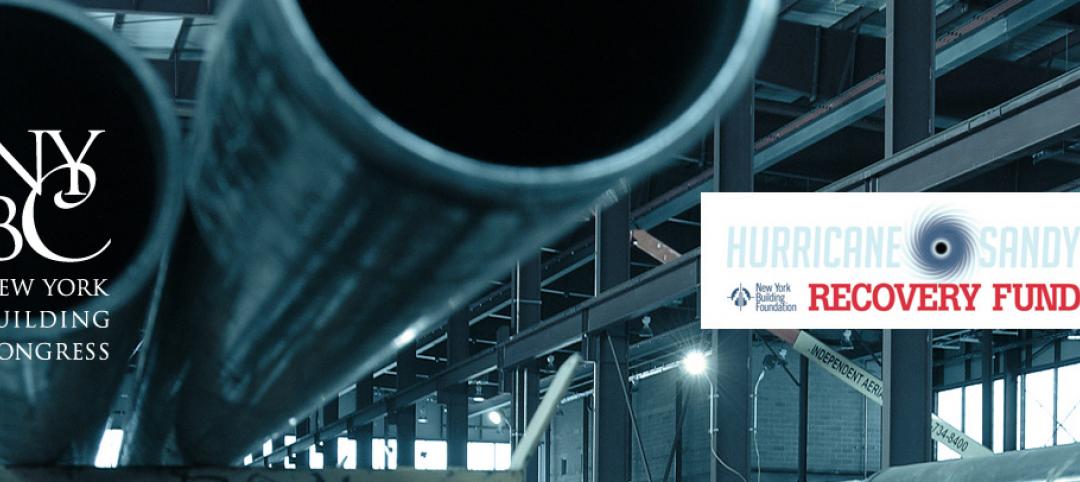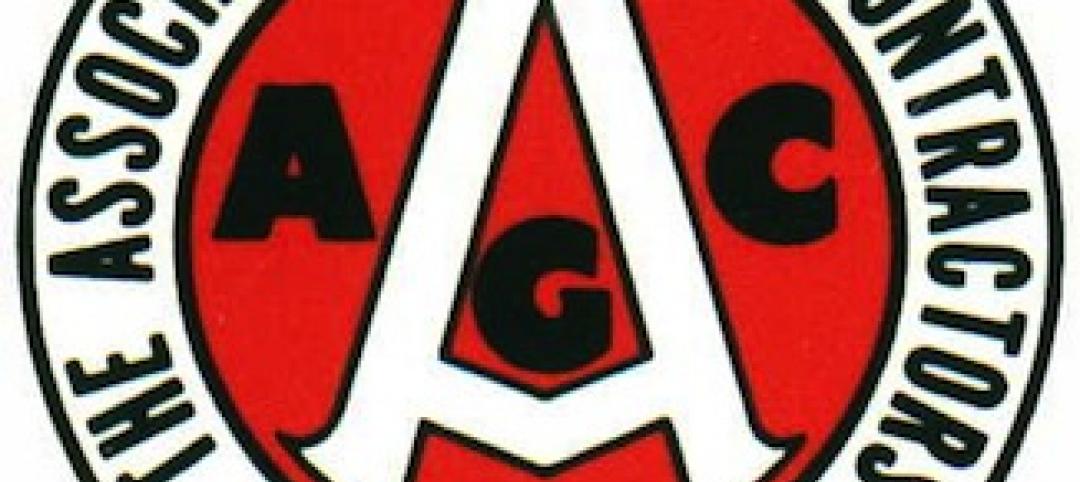Volunteers in Berkeley, Calif., are collecting signatures for the “Green Downtown & Public Commons Initiative,” a controversial measure that critics charge would halt some development in the city. The initiative has higher green standards and less flexible design guidelines—factors that developers say could stop two major projects, a proposed 180-foot high hotel and a 17-story apartment tower.
The initiative would mandate that developers planning a project taller than 60 feet use the “Green Pathways” provision of the Downtown Area Plan. This rule—currently optional—says that a developer can provide a higher level of community benefits in exchange for a fast-track approval process. Under Green Pathways, developers have to make structures LEED Platinum rather than LEED Gold; build more parking; include spaces for bicycles, electric cars and the handicapped; pay prevailing wages to construction and hotel workers; and make sure that half of a project’s construction workers are Berkeley residents.
The financial proposition for a high-rise hotel in Berkeley is fragile, according to a representative of the proposed hotel, and the new initiative would require additional setbacks and restrictions that would make it impossible to have enough rooms on each floor to make the project viable. The initiative calls for a minimum 15-foot setback, but the hotel developer says the structure must have a 10-foot setback to have enough space per floor.
City Councilman Jesse Arreguín, who supports the measure, says it is not intended to stop development, but is a way of getting developers to contribute more benefits to the downtown area.
Related Stories
| Dec 7, 2012
Georgia court limits contractors’ ability to foreclose on liens
The Georgia Court of Appeals ruled in 182 Tenth, LLC v. Manhattan Construction Company that lien claimants such as contractors, subcontractors, and materialmen, may not foreclose on a lien that includes unpaid general condition costs.
| Dec 7, 2012
San Francisco real estate records will include ‘green labels’
Ecologically-sustainable building practices, or “green labels,” will now be included on official land records maintained by San Francisco.
| Dec 7, 2012
Tokyo’s Green Building Program has reduced power consumption by 20%
Tokyo city officials calculate that its Green Building Program reduced energy consumption by 20% since its inception, a statistic they identify as the reason the power stayed on during the 2011 earthquake.
| Dec 7, 2012
New flexible options make achieving LEED certification easier on projects outside the US
A new set of Global Alternative Compliance Paths, or Global ACPs, are now available for all commercial projects pursuing LEED green building certification using the 2009 versions of the rating systems.
| Nov 29, 2012
New York contractors say they will pay tax despite a court ruling that the tax is unconstitutional
The New York Building Congress says it will voluntarily pay a tax declared unconstitutional by the courts because, it says, the money is vital to maintaining the city’s transportation infrastructure.
| Nov 29, 2012
Storms like Sandy highlight the need for stricter codes, says insurance expert
Experts on insurance, weather, and catastrophe modeling say the role of climate change in Hurricane Sandy and future storms is unclear.
| Nov 29, 2012
Quake simulation to test concrete building's strength in California
Researchers aim to gauge how buildings constructed with reinforced concrete withstand an earthquake by conducting a simulation test at a two-story building built in the 1920s in El Centro, Calif.
| Nov 29, 2012
AGC offers stormwater compliance webinar
An effective document management system is necessary to stay in compliance with new and forthcoming stormwater runoff requirements, says the Associated General Contractors of America.















